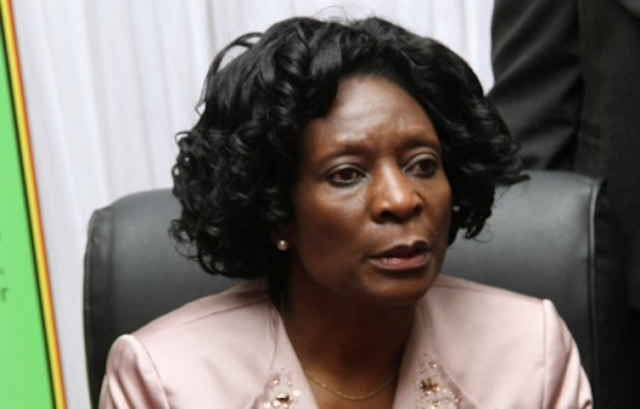Judiciary to get tough on corruption

 Herald Reporter
Herald Reporter
All criminal cases are to be tracked electronically in every department of the Judiciary to curb increasing cases of corruption, the Judicial Service Commission secretary, Justice Rita Makarau, said on Wednesday.
She said this when she appeared before the Thematic Committee on Human Rights.
“On our part as the Judicial Service Commission, we have come up with strategies such as the case tracking system or case monitoring system which is electronic in the High Court. We are also going to introduce it now in the magistrates’ courts,” she said.
“That is a system where we trace a case electronically and when we find that it is in this office for too long we interrogate why the case is not moving,” she said.
Justice Makarau said members of the judicial system should not use the economic conditions of the country to engage in criminal activities.
“Corruption is endemic in the society and we are just a reflection of what is happening in the society. There are many stakeholders in the justice delivery system and it’s the entire chain that has got to be looked at when we are talking issues of corruption and see how the procedure of the entire chain can be tightened to minimise loopholes where corruption can creep in,” she said.
Justice Makarau said they had received US$15 million from the Royal Danish Embassy to construct new court buildings.
She said the Legal Resources Foundation was facilitating the receipt of aid between the Danish Embassy and her ministry because of the European Union sanctions.
“We have a very healthy relationship with NGOs that are law based as we engage them as our stakeholders. We sometimes talk and disagree but we engage them. We have a plan where we are going to put up 30 court houses in the country’s eight provinces,” she said.
She said lack of funding was hindering the decentralisation of the High Court as planned.
“In the higher offices I can safely say that in the Supreme Court five of the 10 judges are females, so there is parity there. In the Labour Court we have more women than male judges. In the magistrates’ court especially in the middle rank we have more ladies in that grade,” she said.









Comments